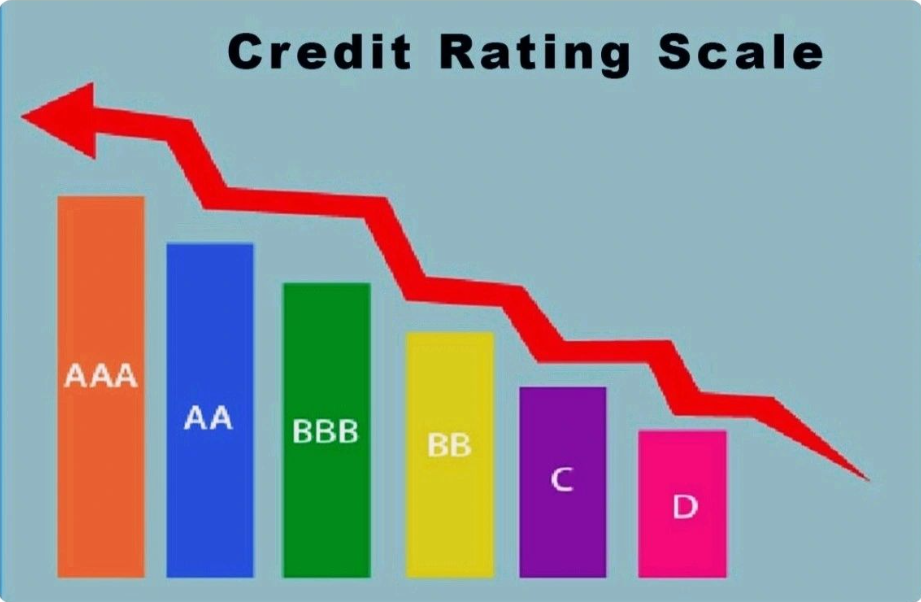India’s Economic Progress and the Bias in Global Financial Assessments

Recently, Fitch Ratings reaffirmed India’s sovereign credit rating at BBB- (Stable), despite the nation’s impressive GDP growth and rising per capita income. This decision underscores concerns about an inherent bias in global credit assessments, where India’s economic progress is undervalued while similar concerns in Western economies do not result in comparable rating constraints.
The Global Rating Bias
India’s economic fundamentals have significantly strengthened over the past decade. From becoming the world’s fastest-growing major economy to witnessing robust foreign direct investments, India has displayed remarkable resilience. However, global rating agencies continue to cite fiscal deficits and governance challenges as reasons to withhold an upgrade. This inconsistency is evident when comparing the treatment of Western economies, which often grapple with similar fiscal concerns but maintain higher credit ratings. The rigid and outdated assessment methodologies of these agencies raise serious questions about fairness and transparency in the global financial system.
India’s CPI and Inflation Miscalculations
Another critical issue impacting India’s economic perception is the outdated Consumer Price Index (CPI), which still operates on a 2012 base year. Given that consumption patterns and income levels have evolved considerably over the past decade, using obsolete figures may distort inflation calculations. An inaccurate CPI can have far-reaching consequences, including improper wage adjustments, flawed monetary policy decisions, and misalignment in economic planning.
A revised CPI that reflects contemporary spending habits and cost structures would offer a more accurate measure of inflation, ensuring better economic policymaking. Without this revision, India risks underestimating or overestimating inflation, which can lead to misguided fiscal responses.
The Need for Reform
Both these challenges highlight how archaic financial frameworks misrepresent India’s progress. The global credit rating system and outdated economic indicators must be reevaluated to reflect ground realities. India must actively push for reforms in the following ways:
-
Advocacy for Fair Ratings: India should engage with international financial institutions and rating agencies to advocate for more transparent and balanced credit assessment methodologies.
-
Revising CPI Base Year: Policymakers should prioritize updating the CPI base year to align with present economic conditions, ensuring more precise inflation tracking.
-
Strengthening Economic Narrative: India must proactively showcase its economic improvements through data-driven storytelling, emphasizing fiscal discipline, strong macroeconomic fundamentals, and future growth potential.
Conclusion
For India to assert its economic credibility on the global stage, it must challenge outdated frameworks that misrepresent its progress. A fairer credit rating system and a revised CPI are not just technical necessities but essential steps toward ensuring accurate economic representation. By addressing these disparities, India can enhance investor confidence and reinforce its position as a formidable economic powerhouse.
